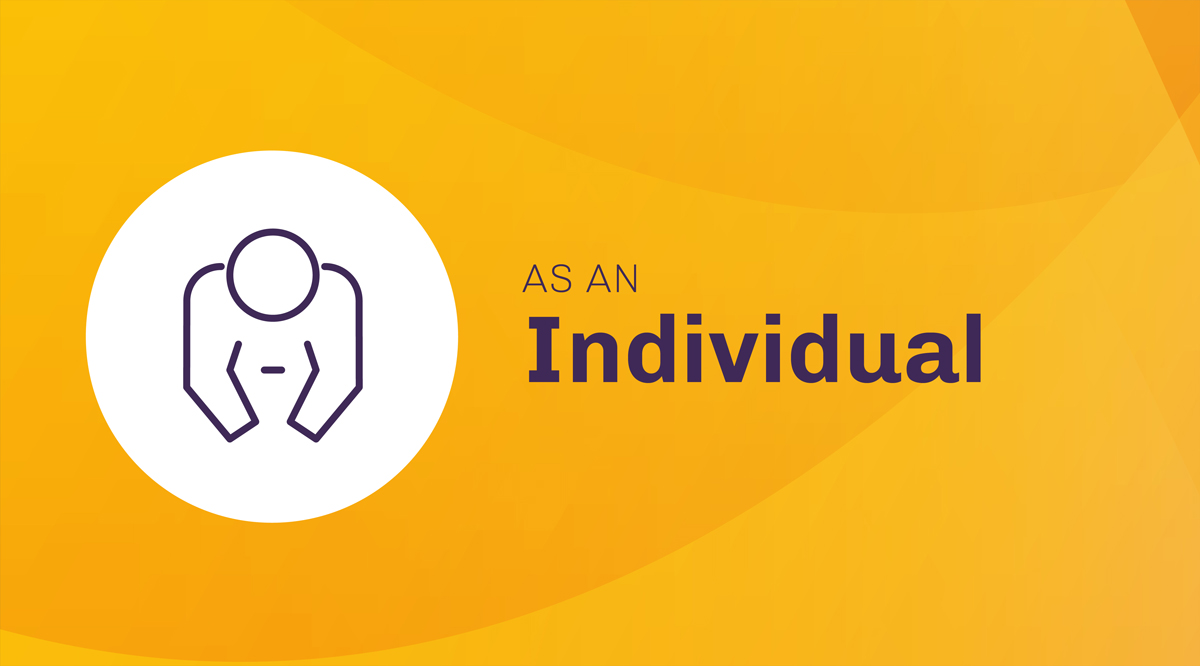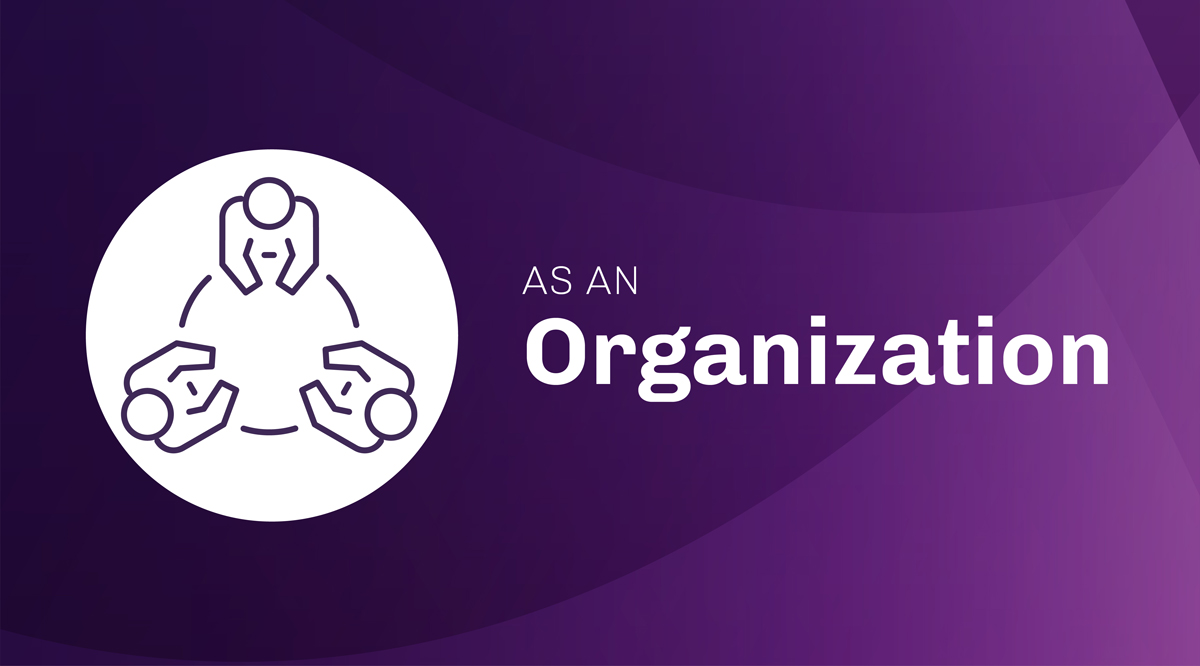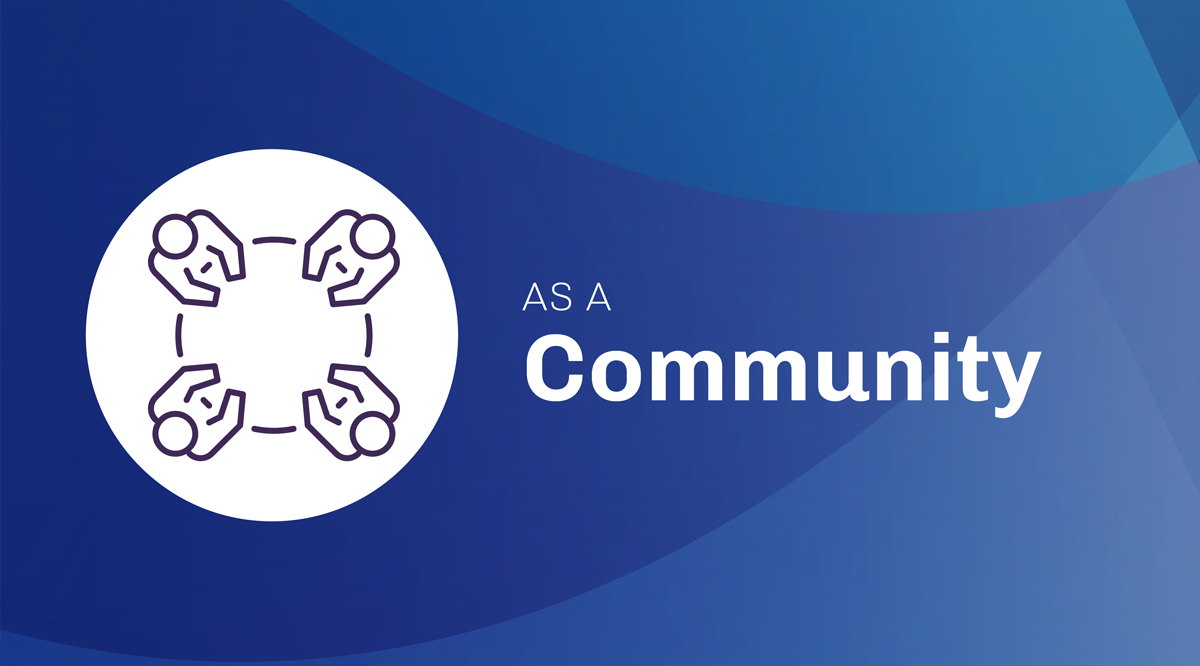Cultivating Excellence in Medical Education
The AAMC works to cultivate excellence across the continuum of medical education. As part of this effort, the AAMC Framework for Addressing and Eliminating Racism at the AAMC, in Academic Medicine, and Beyond identifies several pillars to guide the actions of individuals, organizations, and communities. The tools, data, and publications listed below offer a view of this work being led by the AAMC and are organized according to the framework.
Beyond medical education, the AAMC is committed to cultivating excellence across all its services, programs, and projects. A complete list of the AAMC’s initiatives, including those focused on addressing racism in medicine, can be found on the Initiatives to Cultivate Excellence in Academic Medicine webpage.
As an Individual
-

Tools and Resources for Advisors of First-Generation Medical School Students
Medical students who are the first in their families to graduate from college bring unique strengths to medicine, but they may also have unique needs and face challenges that are not always readily recognized by their medical schools. This toolkit includes resources to help advisors provide first-generation students with career mentorship, emotional support, and more. -
Unconscious Bias Resources for Health Professionals
Unconscious biases can compromise efforts to achieve excellence in admissions, curriculum development, counseling, and faculty advising, among other functions. This webpage includes resources on addressing unconscious bias in interviewing candidates for medical school and residency. -
Anti-bias and Inclusive Language in Scholarly Writing: A Primer for Authors
This AM Last Page from Academic Medicine serves as a resource for authors who aspire to scholarly writing that is free from bias and accurate in its depiction of identity, health, and risk. -
Inclusive Language Policy at MedEdPORTAL® and Academic Medicine
Both AAMC journals follow this inclusive language policy that involves the intentional use of words and descriptors that welcome all people and their perspectives.
As an Organization

- Enhancing Diversity, Equity, and Inclusion Efforts at U.S. Medical Schools data snapshot
The StandPoint™ Faculty Engagement Survey now includes questions to assess perceptions of the culture and climate within medical schools and solicit suggestions for how to improve them. This data snapshot explores responses to these questions, including respondents’ perspectives on institutional efforts and specific actions for leaders to consider.
As a Community

- Submit Your Education Scholarship to These AAMC Calls for Submissions
Throughout the year, several AAMC groups and programs issue calls for scholarship for Learn Serve Lead: The AAMC Annual Meeting and other meetings. This website provides information about active calls that are open now and annual calls that are currently closed.
Diving Deeper: Other AAMC Resources
Data and Reports
- Diversity Facts & Figures
Released every three years, this series of reports features a compendium of detailed statistical information on race, ethnicity, and gender patterns in U.S. medical education, including applicant, matriculant, and graduate data. - FACTS: Applicants, Matriculants, Enrollment, Graduates, MD-PhD, and Residency Applicants Data
Released annually, these tables present data on U.S. medical school applicants, matriculants, enrollments, graduates, MD-PhD students, and residency applicants by institution, demographic characteristics, and more. - The Power of Collective Action: Assessing and Advancing Diversity, Equity, and Inclusion Efforts at AAMC Medical Schools
This report presents the aggregated findings from the 101 medical schools that completed the Diversity, Inclusion, Culture, and Equity (DICE) Inventory as of November 2022. It provides a baseline illustration of the current state of activities, policies, or procedures in medical schools and expands on reported practices to aid all medical schools in bolstering their efforts moving forward. The institutional changes described help ensure that students, faculty, staff, and the communities they serve know they are valued, they belong, and that they can thrive. - Altering the Course: Black Males in Medicine
This report captures the major themes raised in interviews with Black premedical students, physicians, researchers, and leaders about the decline in the number of Black men applying for and matriculating to medical school. It highlights research and data from various sources to understand these trends and find solutions to alter these trends for Black men. - Reshaping the Journey: American Indians and Alaska Natives in Medicine
This report provides an overview of the current representation of American Indians and Alaska Natives (AI-AN) in medicine; makes the case for increasing AI-AN representation in the health professions; and showcases institutional profiles of medical schools that have successfully graduated Native physicians. - The State of Women in Academic Medicine
This report uses AAMC and external data to illustrate the pipeline of women in academic medicine and science. It presents a snapshot of women’s representation at key junctures as learners, faculty, and leaders. - Implementing Curricular and Institutional Climate Changes to Improve Health Care for Individuals Who Are LGBT, Gender Nonconforming, or Born with DSD: A Resource for Medical Educators
This report acts as a guide to direct curricular changes and institutional climate changes to support people who are LGBT, gender nonconforming, and/or born with differences in sex development (DSD). - Accessibility, Inclusion, and Action in Medical Education: Lived Experiences of Learners and Physicians With Disabilities
This report weaves together major themes from interviews conducted with students, residents, and physicians about their lived experiences with disabilities. It highlights key considerations that leaders in academic medicine can implement to increase meaningful access for learners with disabilities.